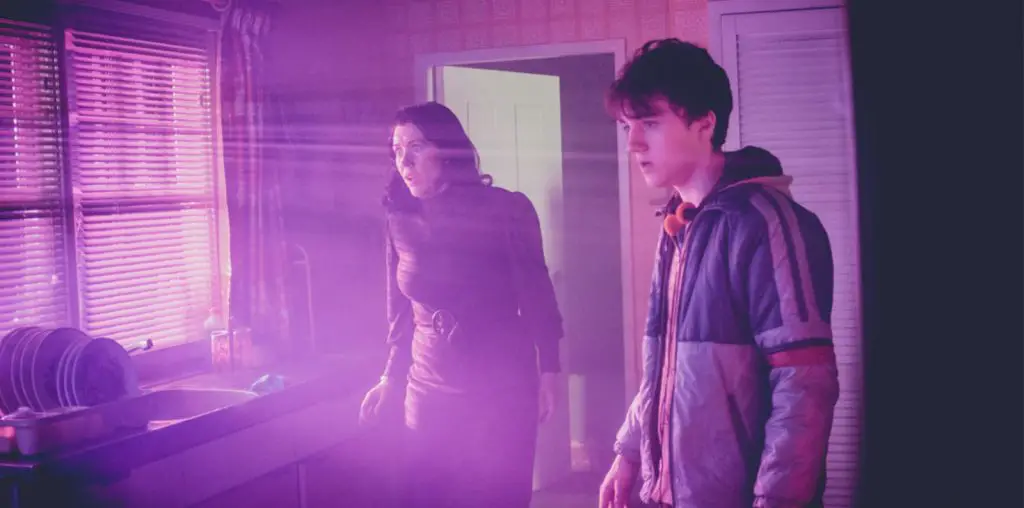
Writing and producing all that comedy must have urged Phil Rosenthal to star in his own story. After creating the series “Everybody Loves Raymond” (1996-2005), starring a then little-known comic Ray Romano, Rosenthal found himself at the head of one of the most successful sitcoms (though I always felt it was an attempt at “Seinfeld Gets Married”). Like many popular family comedies, “Everybody” returns to familiar territory – a successful husband dealing with marriage and overbearing parents. The show’s fans enjoyed the nuances of the usual situation: tweaking of stock family members, and Romano making his slightly whiny persona enjoyable and relatable.
Essentially, Ray on the show is a fish out of water, even if the swimming grounds should be familiar by now. Rosenthal uses the same device in his new documentary, “Exporting Raymond,” in which he accepts the (seemingly futile) opportunity to adapt his show in Russia, where “Married with Children” and “The Nanny” have been successfully adapted. Though no one notices that these two largely outrageous shows are geared towards contemporary Russian viewers’ taste for the campy – the character of Ray, not so much. The Russian network’s writers see him as too weak to hold a show, while Rosenthal tries to convince them, with his New York wit not at all translating to them.
Rosenthal arrives to a nation offering, obviously, odd circumstances. He’s greeted by a driver who abruptly leaves the car to pay for airport parking, making Rosenthal quiver like Woody fearing dystopian police in “Sleeper.” The driver admits that he knows not the victim, but the assailant of a notorious bombing, which should hint to our host that he should stop the prying. Rosenthal is brought to a TV studio from which this filmmaker/subject draws good-natured laughs. A leftover from Soviet development, the building has a concrete exterior/interior in disrepair that winks to the approaching frustrations. The knowing Rosenthal’s googly eyes and lines seem as if he’s prepared for it all, or at least anticipated it. But can we blame him? He finally has the spotlight.
Rosenthal finds political frustrations similar to those back home. Suitable actors don’t jibe with the Russian crew, and the perfect lead is tied down to a prestigious theater director. The filmmaker shows honesty and respect for the subject setting, making most of the humor work. Eventually, the comedy moves to pathos, when he begins to understand his new colleagues – the open driver, now a friend of Rosenthal, had dreams of a career in biology before his long tenure in the USSR army, including missions in Afghanistan, memories of which he rather not speak. Rosenthal learns of the television writer’s role in Russia, which consists of working on many programs at once, on a superhuman schedule. The filmmaker still continues to find humorous moments, with an extending voiceover hardly hurting the style. “Exporting” has a built-in audience – during clips of “Everybody,” fans showed themselves with booming laughter during the Philadelphia Cinefest screening. But “Exporting” delivers humor and emotion to a broader audience. When trying to take the lead in another culture, we’re all fish out of water.
